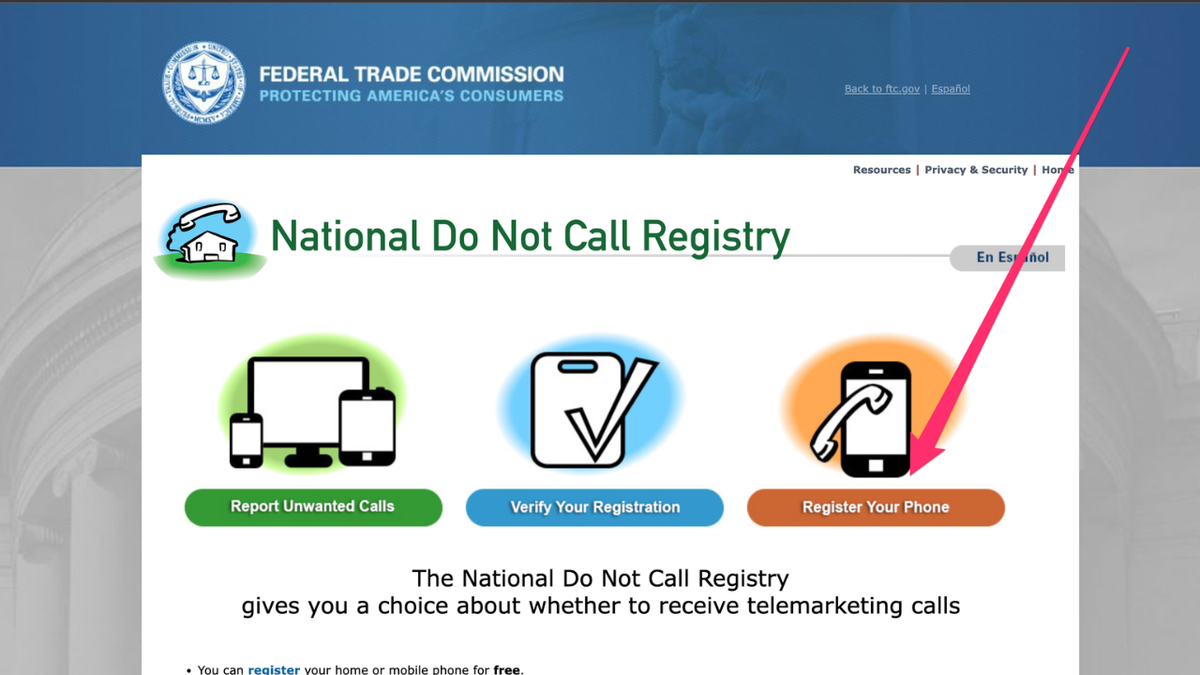Imagine opening your junk email folder only to find messages claiming your accounts are hacked and threatening to release compromising videos unless you pay a Bitcoin ransom. This nightmare scenario recently happened to a reader, highlighting the growing threat of Bitcoin blackmail scams.
How Bitcoin Blackmail Scams Operate
These scams involve fraudsters claiming access to your private information and demanding cryptocurrency payments. They might fabricate stories about hacking your computer or webcam, often using old usernames and passwords from past data breaches to make their threats seem credible. If you see a former password in such an email, it's a clear sign to change that password immediately and strengthen security on all your accounts.

The Danger of Paying the Ransom
Paying the ransom rarely solves the problem. Scammers often continue to demand more money, and there's no guarantee they'll delete the allegedly compromising information. Recovering funds lost to cryptocurrency scams is incredibly difficult due to the anonymity associated with crypto transactions. While specialized crypto forensics firms exist, their services can be expensive.
The Wider World of Crypto Scams
Bitcoin blackmail is just one type of crypto scam. Fraudulent initial coin offerings (ICOs) lure investors with promises of high returns on non-existent projects. Phishing attacks use deceptive emails and websites to steal login credentials and access user funds. Ponzi schemes, disguised as crypto investments, pay early investors with money from later investors until the scheme inevitably collapses. The decentralized and often anonymous nature of cryptocurrencies makes them attractive targets for scammers.

Protecting Yourself from Crypto Scams
If you receive a threatening Bitcoin email, follow these steps:
- Don't respond: Ignore and delete the message immediately.
- Don't send money: Never pay a Bitcoin ransom.
- Update passwords: Strengthen and change passwords for all your accounts, especially if the email mentions an old password.
- Report the scam: Contact the FBI, local police, and the Federal Trade Commission (FTC).
- Scan for viruses: Use reliable antivirus software to check your computer for malware.
- Enable two-factor authentication: Add an extra layer of security to your accounts.
- Consider identity theft protection: Monitor your personal information for unauthorized use.
- Keep software updated: Install the latest security patches and updates for your operating system and applications.

Key Takeaways
Staying safe in the crypto world requires awareness and vigilance. By understanding how these scams work and taking proactive security measures, you can protect yourself from becoming a victim.








